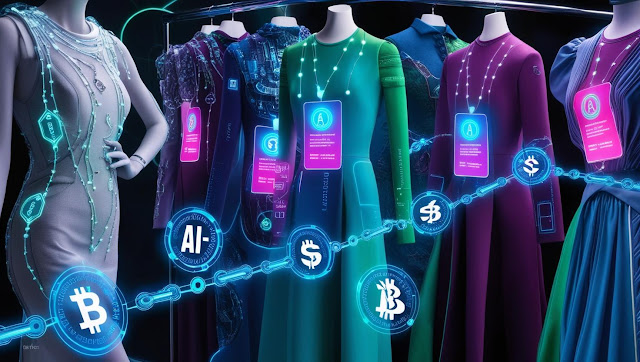Sustainable & Circular Fashion Trends
Explore how eco-conscious innovations are reshaping the future of fashion through sustainable materials, secondhand culture, and circular production models.
🌿 What Is Sustainable Fashion?
🧵 Eco-Friendly Fabrics on the Rise
- Organic Cotton – Grown without harmful pesticides and using less water.
- Tencel/Lyocell – Made from sustainably harvested wood pulp and biodegradable.
- Recycled Polyester – Created from plastic bottles, helping reduce ocean waste.
- Hemp & Bamboo – Naturally renewable, breathable, and biodegradable.
🛍️ The Rise of Secondhand & Thrift Culture
🏭 Zero-Waste Fashion Initiatives
- Made-to-Order Manufacturing – Reduces surplus inventory.
- Recycling Programs – Brands collect old garments for reuse or repurposing.
- Modular Design – Garments that can be customized, repaired, or disassembled for reuse.
🌟 Brands Leading the Way
- Patagonia – Known for repairable gear and ethical sourcing.
- Stella McCartney – Pioneering vegan leather and cruelty-free fashion.
- Everlane – Radical transparency on pricing and sustainability practices.
- Eileen Fisher – Invests in garment recycling and sustainable materials.
🔮 The Future of Circular Fashion
💬 Final Thought
Tags:
Circular Fashion
Conscious Style
Eco-Friendly Fabrics
Ethical Brands
Organic Fashion
Sustainable Fashion
Thrift Culture
Trending fashion
Zero-Waste Clothing







